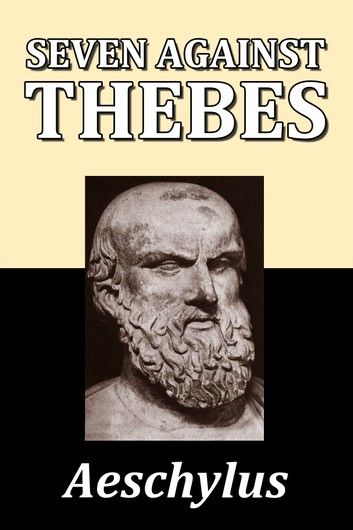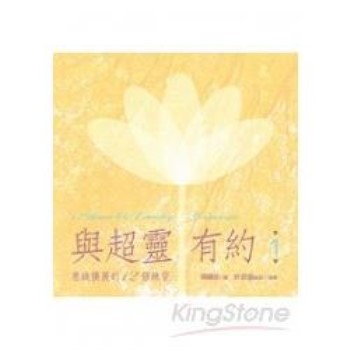SEVEN AGAINST THEBES tells of two brothers, Eteocles and Polynices, who agree to share the throne of Thebes. After a year this arrangement breaks down, leading to fratricide and civil war.
Aeschylus (c. 524 BC – c. 455 BC) was the first of the three ancient Greek tragedians whose work has survived, the others being Sophocles and Euripides, and is often recognized as the father of tragedy. He was born at Eleusis, near Athens, the son of Euphorion. Before he was twenty-five he began to compete for the tragic prize, but did not win a victory for twelve years. He spent two periods of years in Sicily, where he died in 456, killed, it is said, by a tortoise which an eagle dropped on his head. Though a professional writer, he did his share of fighting for his country, and is reported to have taken part in the battles of Marathon, Salamis, and Plataea. Of the seventy or eighty plays which he is said to have written, only seven survive, and the authorship of PROMOTHEUS BOUND is disputed.












